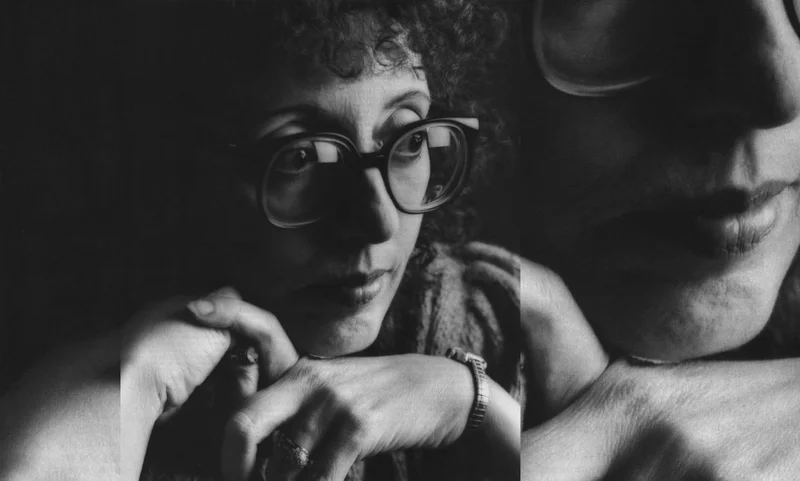Real-Time BNB Signal Analytics
Real-Time BNB Signal Analytics
It was just another Tuesday on the internet, or so it seemed, when the literary titan Joyce Carol Oates lobbed a digital grenade. Her target, though unnamed initially, was unmistakable: Elon Musk, the world’s wealthiest person. She called him “totally uneducated, uncultured,” a "liar," and "not a good human." Ouch. But if you’re like me, you didn’t just see a squabble; you saw a blazing, neon sign pointing directly to the future of how we perceive, judge, and become public figures in this hyper-connected world. This isn’t just a spat; it’s a masterclass in the evolving digital persona, and it holds profound implications for how public discourse will shape our shared tomorrow.
Oates’s critique wasn’t just about Musk’s wealth; it was about the absence she perceived in his digital footprint. She wondered aloud why a man of such immense influence never posts about nature, a beloved pet, a captivating movie, a profound book (she doubts he reads), a friend’s achievement, or even a moment of shared human grief. It’s a fascinating, almost anthropological observation, isn’t it? She's essentially asking, "Where's the human in the algorithm?" And honestly, when I first read her musings, I just sat back in my chair, speechless. It’s not about whether Musk is any of these things in his private life, but about the story his public digital self tells. This whole exchange escalated just as Musk was sharing those wild, AI-generated videos from xAI’s Grok Imagine tool—one featuring an AI woman declaring "I will always love you," another with a computer-generated Sydney Sweeney saying "You are so cringe." The internet, ever the rapid-fire jury, called them strange, sad, or lonely.
What Oates tapped into, whether she meant to or not, is the burgeoning expectation that our digital selves are now our primary public identities, especially for those with a megaphone. We’re not just consuming news; we’re consuming curated streams of consciousness, and we implicitly demand a certain completeness from them. This isn't just about a billionaire's taste; it's about what we, as a collective, are beginning to define as a "good human" in the digital age. What kind of digital empathy do we expect? What does a healthy, well-rounded digital life even look like for someone constantly under the microscope? And how do we even begin to measure the "beauty & meaning in life" in an era where so much of it is mediated by screens?

Musk, predictably, didn’t take it lying down, snapping back that Oates "is a liar and delights in being mean. Not a good human." The irony, of course, isn’t lost on anyone, given Oates’s initial, albeit unnamed, assessment of him. But here's where it gets really interesting: Oates later offered a subtle, almost academic, clarification. She noted that she was thinking of an "emblematic" type, "the type of being that great wealth can make possible." Then, almost as an aside, she offered a backhanded compliment, saying it’s "impressive that Elon Musk allows critical commentary of himself on X. That is not usually a magnanimity of spirit commensurate with the extreme type of non-empathetic person." What a fascinating tightrope walk!
This whole spectacle reminds me of the early days of television, when broadcasters were still figuring out the difference between a radio voice and a visual persona. We're in a similar, but far more complex, paradigm shift now. Our digital personas aren't just what we say; they're what we don't say, what we like, what we ignore, and even the AI-generated fantasies we share. It’s like we’re all carrying around a digital avatar, a constantly updated data sculpture of our perceived inner selves, and every interaction, every post, every silence, adds another chisel mark. For someone like Musk, every tweet is scrutinized, every AI video a potential window into his "soul"—or lack thereof, as some suggest. What responsibility do we, the audience, have in interpreting these digital sculptures? And what responsibility do those in power have in crafting them?
We're moving beyond simple reputation management; we're talking about the active, real-time construction of identity in a public square that never sleeps. And while some might dismiss this as mere celebrity gossip, I see it as a crucial, if messy, experiment in collective consciousness. The fact that a headline can proclaim "This Acclaimed Author's Roast Of 'Uncultured' Elon Musk Is An Absolute 'Beauty'" isn't just about the entertainment value; it's about the inherent human need to dissect, analyze, and sometimes, yes, even celebrate the raw, unfiltered exchanges that define our evolving digital culture. It shows a vibrant, if sometimes chaotic, hunger for authenticity and meaning in the public sphere.
So, what does this all mean for us, for you, for the future? It means that understanding our digital personas—both our own and those of others—is becoming as vital as understanding social cues in real life. We're learning, sometimes painfully, that influence isn't just about wealth or power; it's about the narrative we build, the humanity we project, or the lack thereof. This Oates-Musk exchange isn't just a feud; it's a data point, a vibrant signal in the noise, indicating a profound shift in what we value in leadership and public identity. It’s a wake-up call to consider how we cultivate our own digital gardens, ensuring they reflect the multifaceted, beautiful, and sometimes messy humans we truly are. The future isn't just about the tech; it's about the humans building and living within it, and how we choose to show up, digitally speaking, is more important than ever.